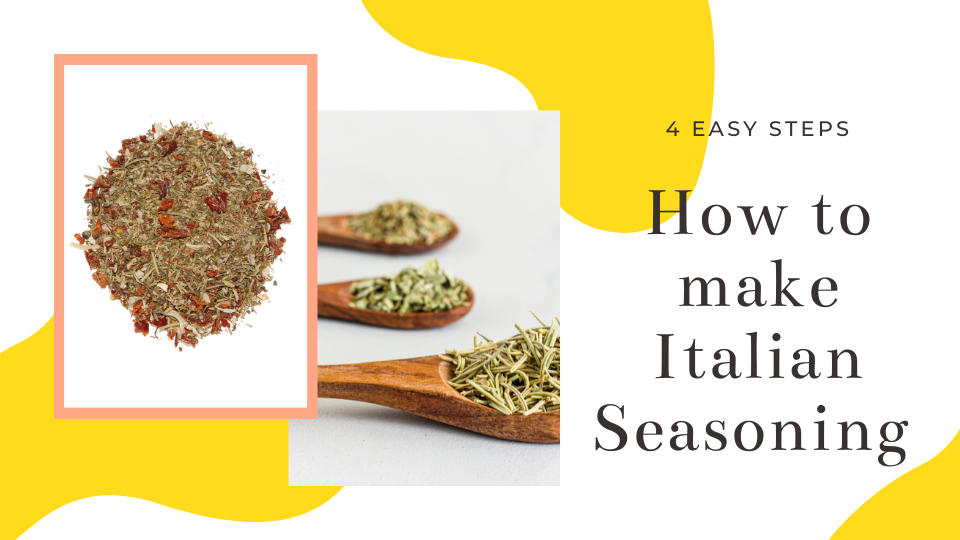Italian seasoning is a mixture of fresh herbs that often include oregano, thyme, basil, and rosemary as its primary components. In most cases, the roasting process comes before the drying process for these plants. Italian seasoning is a fantastic option when it comes to cooking chicken, turkey or other meals.
Table of Contents
What is italian seasoning made of
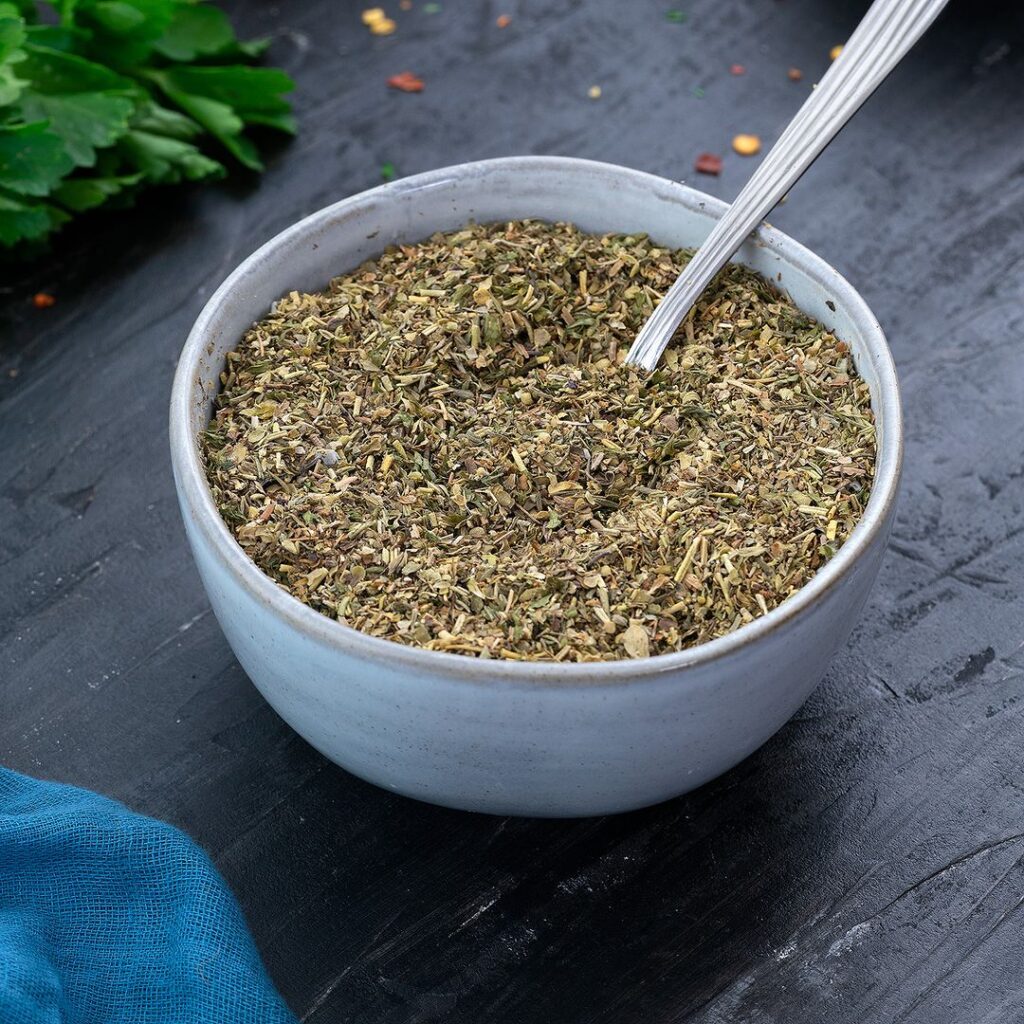
The dry herbs and spices that make up Italian seasoning are mixed. Herbs such as basil, oregano, thyme, marjoram, and rosemary are often found in them. The mixture may include other ingredients depending on where you live or who prepares it. For example, bay leaf, garlic powder, onion powder, cocoa powder, or cocoa powder may sometimes be used.
It is often used in recipes that call for tomato sauce or Italian sausage. However, it may also be used as a topping for meatballs or eggplant parmesan before they are baked.
How to make italian seasoning
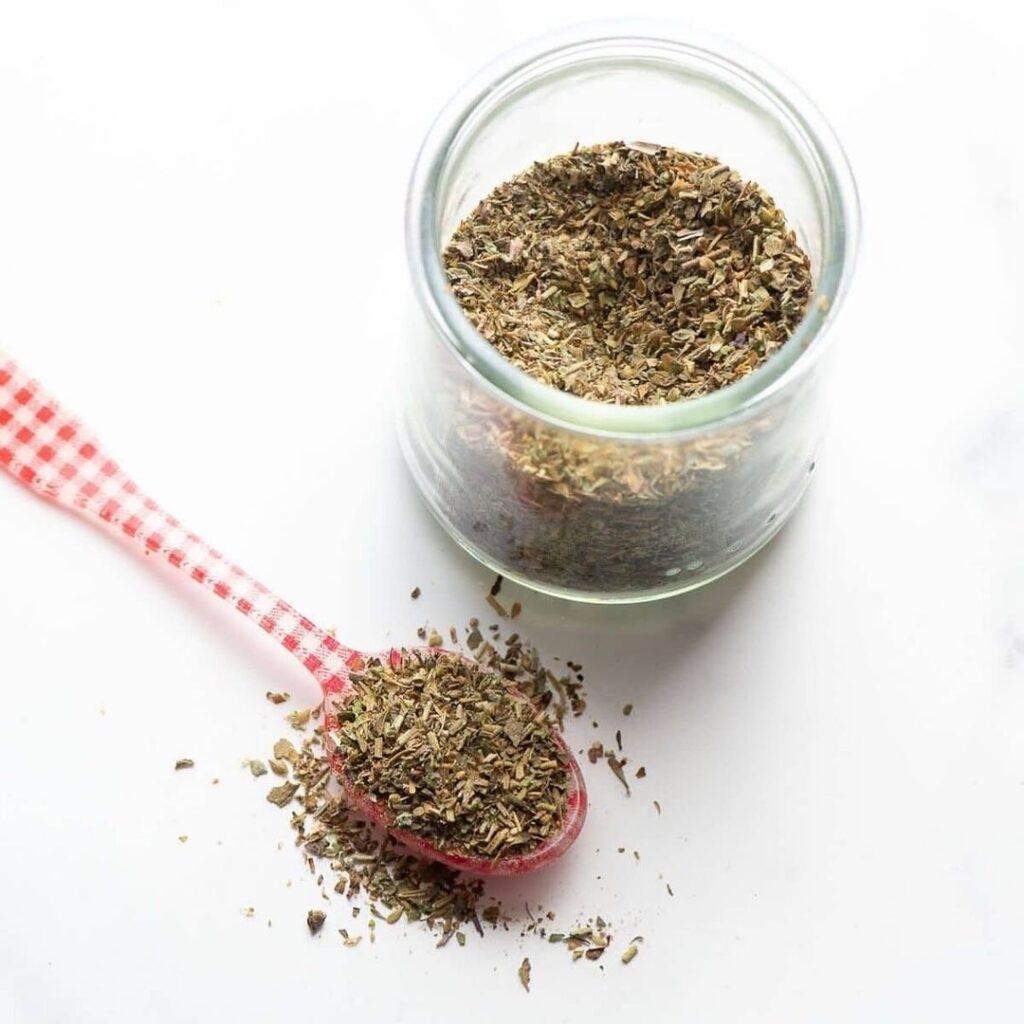
Italian seasoning is a combination of herbs and spices used to flavor Italian cuisine. It is a frequent element in many Italian dishes but may also be used as a rub for meats and poultry or as a topping for popcorn. Using dried herbs and spices, you may create your Italian seasoning at home, or you can buy premade mixes in the spice section of most supermarkets.
You may use store-bought Italian seasoning in any meal that asks for it; it’s a simple method to impart Italian tastes. Follow these instructions if you wish to produce your Italian seasoning:
- Accumulate the following ingredients: dried oregano, dried basil, bay leaves, marjoram, thyme, garlic powder (or fresh garlic), onion powder (or raw onion), and crushed red pepper flakes.
- Combine all ingredients, except the bay leaves, in a bowl using a spoon or your hands until uniform.
- Combine the bay leaves with your hands until they are uniformly dispersed throughout the mixture.
- Store at room temp in an airtight container.
Italian seasoning ingredients
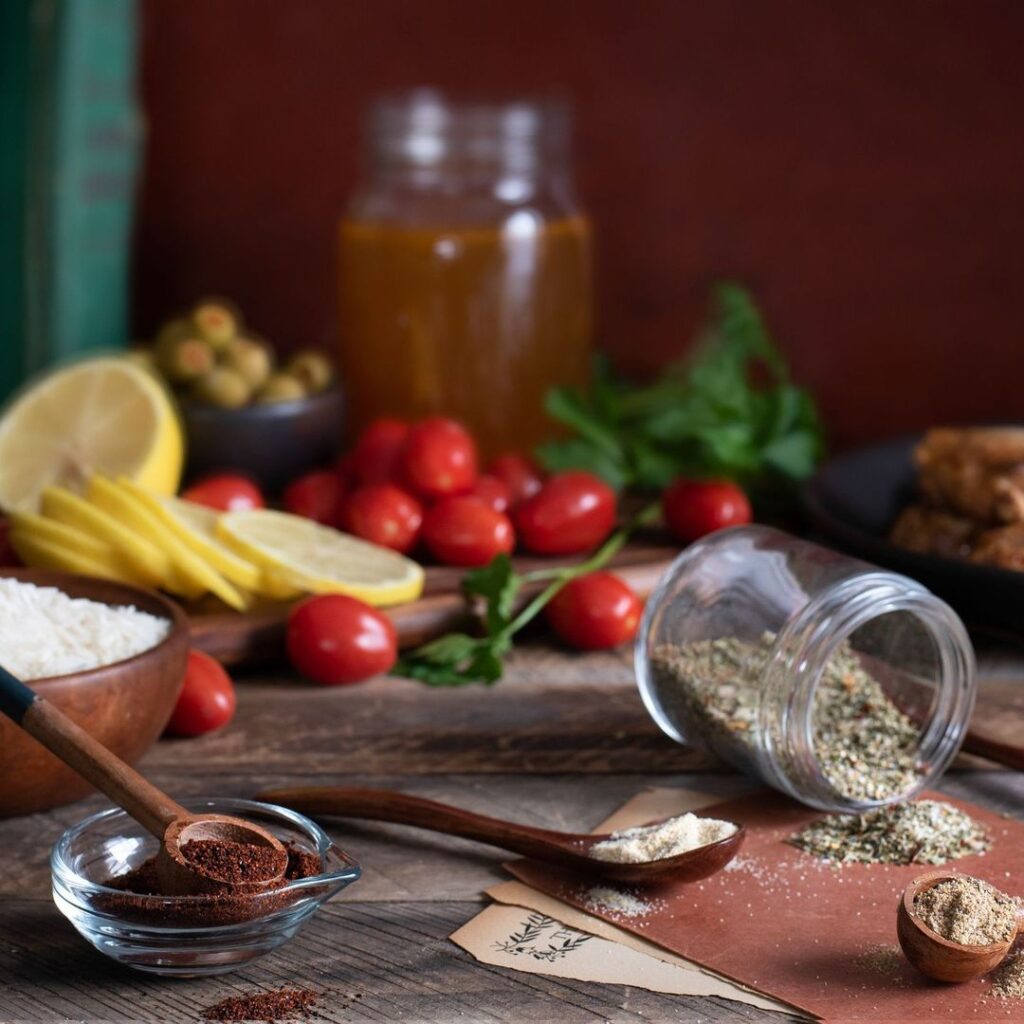
The term “Italian seasoning” refers to a mixture of several herbs and spices first used in Italy. It is often found in marinades, although it may also be sprinkled over vegetables, meats, and pasta meals. The most common use, however, is in marinades.
Oregano, basil, rosemary, thyme, marjoram, and sage are some herbs frequently used in Italian seasoning; however, the exact components might vary from brand to brand. Garlic powder and onion powder are sometimes used in mixes as well.
Italian seasoning substitutes
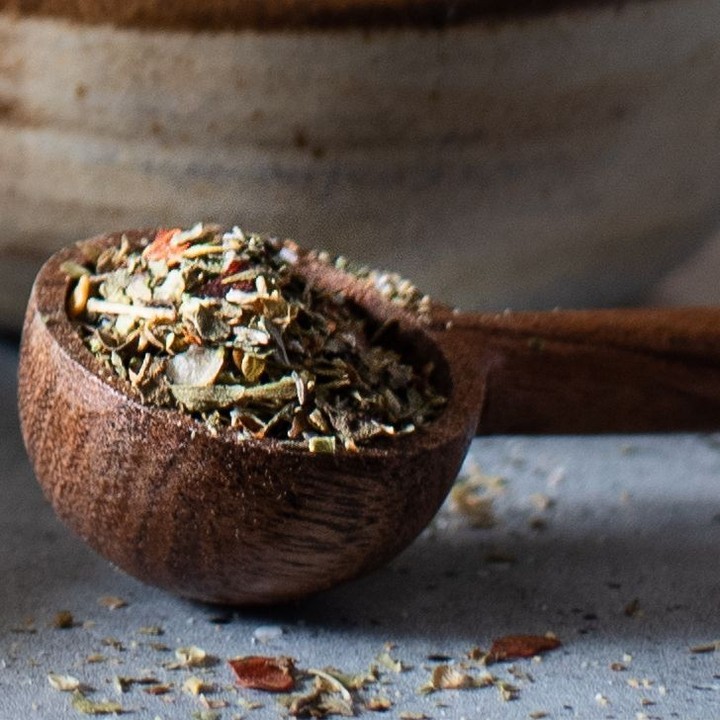
Here are some of the most suitable alternatives to Italian seasoning:
This Italian spice blend contains basil, oregano, thyme, rosemary, and marjoram. It is available in most grocery shops and has neither salt nor sugar. It may be used to season soups, stews, and sauces.
Balsamic vinegar is created from white grapes and has a pleasant taste that works well as a replacement for Italian spice. Add it to salads or sprinkle it over roasted veggies before serving.
Oregano is used in many Italian cuisines and may be swapped for Italian spice if you’re out. Before cooking, sprinkle it over pizza or spaghetti sauce so that it may become a part of the food rather than resting on top.
FAQs
What is Italian seasoning made of?
Foods may be flavored with Italian seasoning, which is a mixture of dry herbs and spices that can be purchased already mixed together. Oregano, basil, thyme, and rosemary are usually always included, however the specific components differ from one brand to another depending on the product. Garlic powder or onion powder could be used in some preparations of this dish.
How do you make Italian seasoning?
Combining dried herbs in proportions that are equal to one another is the method that yields the finest results when making your own Italian seasoning. Blends that are sold in stores typically include salt and black pepper in addition to the dried herbs that are included in the blend. When you make your own blend at home, you have the option of leaving out these ingredients if you prefer a salt-free blend, or you can include them if you want your food to have a more robust flavor.
What can I use in place of Italian seasoning?
If you are searching for a substitute for Italian seasoning, you may want to experiment with using dried parsley, oregano, and basil instead. You may instead use a mixture of black pepper, garlic powder, onion powder, and dried basil instead of the Italian seasoning.
What is in Mccormick Italian seasoning?
A meal that has a taste characteristic of traditional Italian cuisine may be created with the help of McCormick Italian Seasoning, which is a combination of herbs, spices, and other types of seasonings. It is often used in the preparation of foods like as spaghetti sauce, chicken parmesan, and lasagna.
Conclusion
Different cuisines necessitate specific combinations of Italian seasonings to be used. You should switch up the herbs you use to complement the dish you are preparing and satisfy your preferences.
Each herb in Italian seasoning works harmoniously with the other tastes, bringing out their best qualities and enriching their experience. When combined, the flavors of these herbs provide a unique taste greater than the sum of its components.

